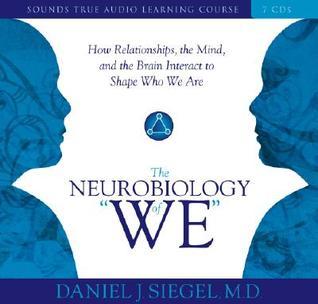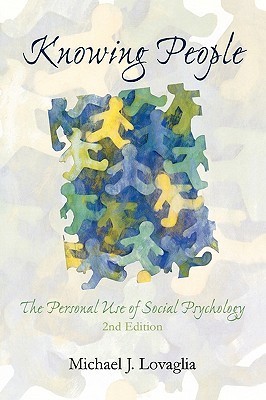
Social Intelligence: The New Science of Human Relationships
Book Description
Imagine navigating a world where every glance, gesture, and tone speaks volumes. *Social Intelligence* unveils the hidden forces shaping human relationships with the precision of a masterful thriller. Daniel Goleman dives into the science behind our social instincts, revealing how empathy and connection can elevate our lives or tear us apart. With groundbreaking insights into emotional intelligence, he exposes the true power of human interaction—how it can heal wounds or build walls. As the complexities of our social behaviors unfold, one question lingers: What if understanding each other better could change the course of our lives forever?
Quick Book Summary
"Social Intelligence: The New Science of Human Relationships" by Daniel Goleman delves into the intricacies of human interaction, presenting scientific findings that highlight the profound impact our social exchanges have on our minds, bodies, and well-being. Goleman argues that our social brains are wired for connection, and that every encounter leaves a measurable imprint, shaping both parties biologically and emotionally. Through compelling anecdotes and accessible explanations, the book explores empathy, rapport, and the subtle dance of cues and signals that foster trust or provoke conflict. Ultimately, Goleman reveals how cultivating social intelligence can transform relationships at home, at work, and in society, offering a blueprint for healthier, more meaningful connections in a complex world.
Summary of Key Ideas
Table of Contents
The Neuroscience of Social Interaction
Goleman opens by exploring the scientific basis for social interaction, drawing from neuroscience to show how human brains are intrinsically social. He discusses the mirror neuron system, which enables people to intuitively gauge and respond to others' emotions, fostering a silent language of faces, gestures, and tone. These neurological processes suggest that our social skills are not only learned behaviors but are partly hardwired, emphasizing the evolutionary importance of connection and cooperation.
Empathy and Emotional Attunement
A central theme of the book is empathy—the capacity to sense another person’s feelings and perspectives. Goleman breaks down empathy into its cognitive, emotional, and empathic concern components, illustrating with real-life stories how deep attunement can dissolve barriers and build trust. The book also warns about the consequences of emotional misreading, which can escalate misunderstandings or conflict, affecting both individuals and groups.
Social Intelligence and Physical Health
Goleman links social intelligence to tangible physical health outcomes. He details studies showing that supportive relationships can lower blood pressure, enhance immunity, and speed recovery from illness, while toxic social environments can increase stress hormones and damage health. The book introduces the concept of "biological fallout," where negative encounters have lasting physiological effects, underscoring the critical role of positive social connections for well-being.
Toxic and Nourishing Relationships
The dynamics of toxic versus nourishing relationships are examined in depth. Goleman explains how toxic interactions erode confidence, diminish joy, and foster stress, while nourishing relationships provide encouragement, validation, and emotional safety. Practical advice is given for identifying and managing difficult personalities, setting healthy boundaries, and fostering environments where positive interactions can flourish.
Developing Social Competence
Finally, the book provides strategies for developing social competence. Goleman argues that social intelligence, like emotional intelligence, can be cultivated through self-awareness, active listening, mindfulness, and intentional practice. He encourages readers to harness their capacity for empathy and understanding, suggesting that individual growth in social intelligence can ripple outward, improving workplaces, families, and communities at large. This vision positions social intelligence as a key driver of personal fulfillment and societal harmony.
Download This Summary
Get a free PDF of this summary instantly — no email required.





